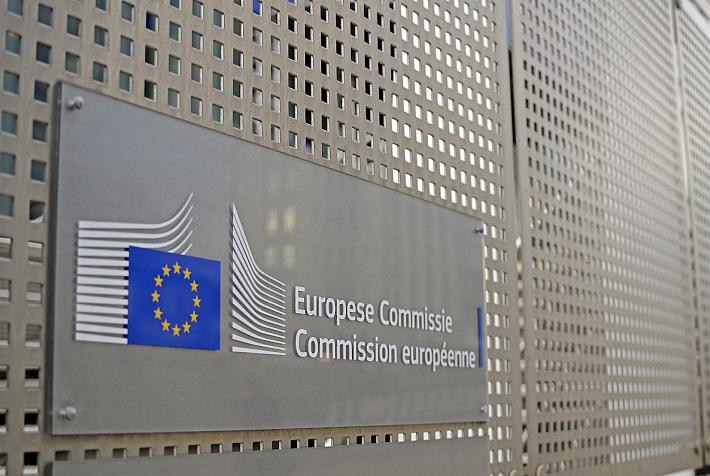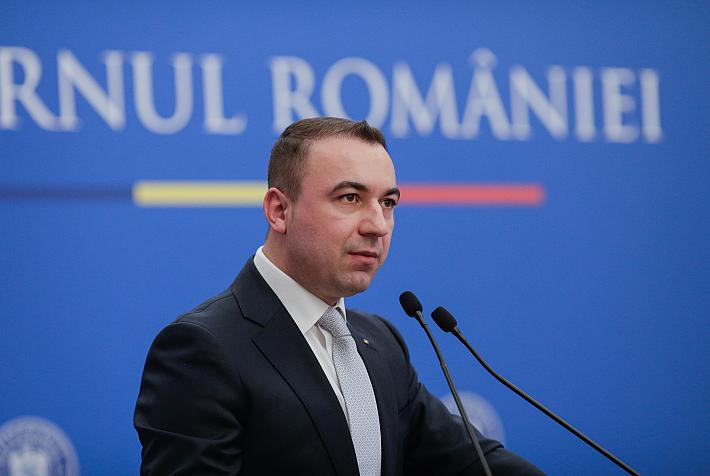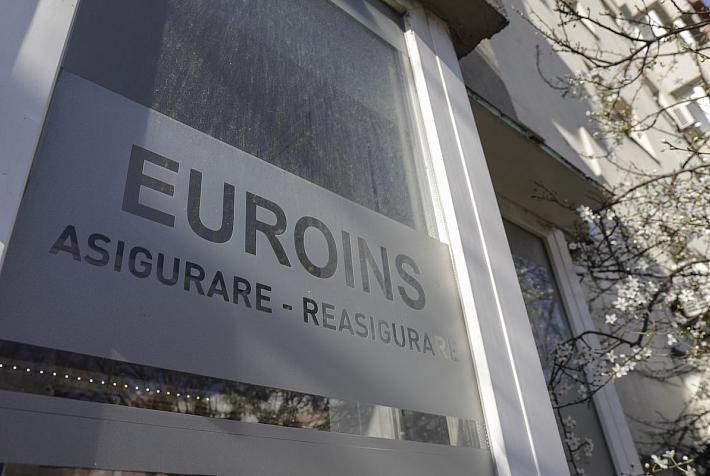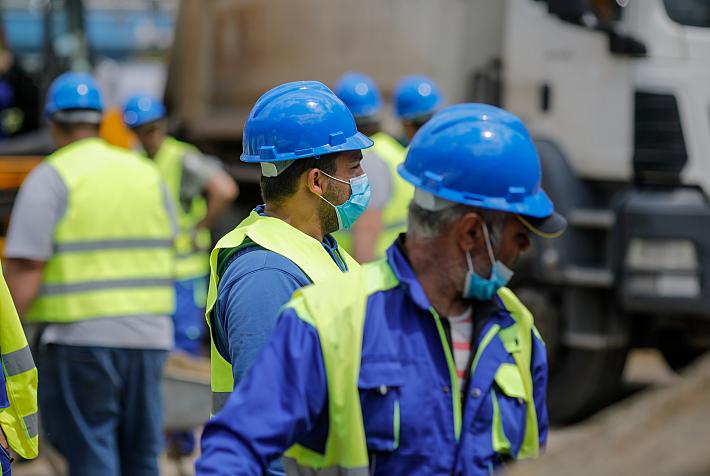Mystery shopping studies find deficiencies in the quality of services in Romania

A total of 13 Mystery Shopping studies carried out by local firm VBS - Business Solutions in the past five years have found deficiencies in the quality of services in Romania.
According to the studies, the customers in Romania are often mistreated and the quality of services in several sectors such as banking, hospitality, telecom, taxi, or dental, is still at a low level.
For example, one of the Mystery Shopping studies found that only 37.5% of the analyzed bank units were interested in providing a personalized simulation to the customer, and almost a third considered that it wasn’t worth the effort to list the repayment schedule. They also considered that it was not important to tell the client that the simulation was for information purposes only, and that it could be subjected to fluctuations, depending on the details of the loan agreement. The study also found that, in many cases, the bank stuff didn't have the skills to determine the customer’s needs, and to advise him on a product adapted to his needs.
The studies also found that the employees in the telecom sector have a careless approach to customers. Only one in four potential clients said that they were fully satisfied with the advice and attention offered by sales consultants of big telecom players in Romania. Although the employees were polite in conversation, some small details were still missing, details that would have turned a simple interaction into an exceptional service. For example, about 87% of consultants haven’t said “thank you” to the customer not even once during the conversation.
Although the five-star hotels usually inspire elegance and luxury, only in 30% of the cases the mystery customer’s needs were actually analyzed and then met. The bored receptionists or those who don’t really know the services offered by the hotel are still quite common, the study shows. Moreover, another study targeting the hospitality sector, showed that the waiters are usually not interested in the client’s feedback.
Meanwhile, the Mystery Shopping study that analyzed the four and five-star hotels at the Romanian seaside revealed that the potential clients received a concrete offer according to their wishes in only 40% of the cases. Moreover, the sales skills of the staff in the booking department were at a minimum: only one hotel of the 15 analyzed mentioned the premium services offered in relation with competition.
The quality of services offered by taxi services in Romania is also quite low. In more than 50% of cases, the taxi drivers failed to ask the client what is his favorite route, and often gave the wrong change. Moreover, some drivers also told clients how much the ride would cost even before the clients got in the taxi, which is illegal.
Some of the services offered in the dental sector also need an upgrade in quality. 47% of the patients of the most important players in this sector in Romania are not fully satisfied with the quality of the service provided, even if the medical act itself is usually as expected.
Moreover, the Mystery Shopping study carried out in eight of the largest networks of footwear stores showed that, in 80% of the cases, the employees haven’t volunteered to help the client take a decision, even though the customer had already been in the store for 10 minutes.
The pharmacists haven’t done better at these studies either, as most of them focused on telling the client two or three names of drugs he could choose from, omitting in more than 60% of the cases to ask the customer which were the symptoms or who would take these pills.
Related to the gas stations in Bucharest, only 20% of the mystery shoppers were fully satisfied with the services offered, namely the attention they received from the staff, the advices the employees gave them, and the existing facilities. In only one of three cases the staff volunteered to help the client at the gas pump.
When it comes to the after-schools in Northern Bucharest, the studies found that video access was not possible in 57% of the analyzed units, which means that in these after-schools the parents can’t supervise their children throughout the day if they want to. Moreover, access to a school psychologist or a speech therapist was secured only in three of the seven after-schools analyzed.
Some of the private medical service providers and the online operators in Romania should also improve the quality of their services, the studies found.
Irina Popescu, irina.popescu@romania-insider.com











